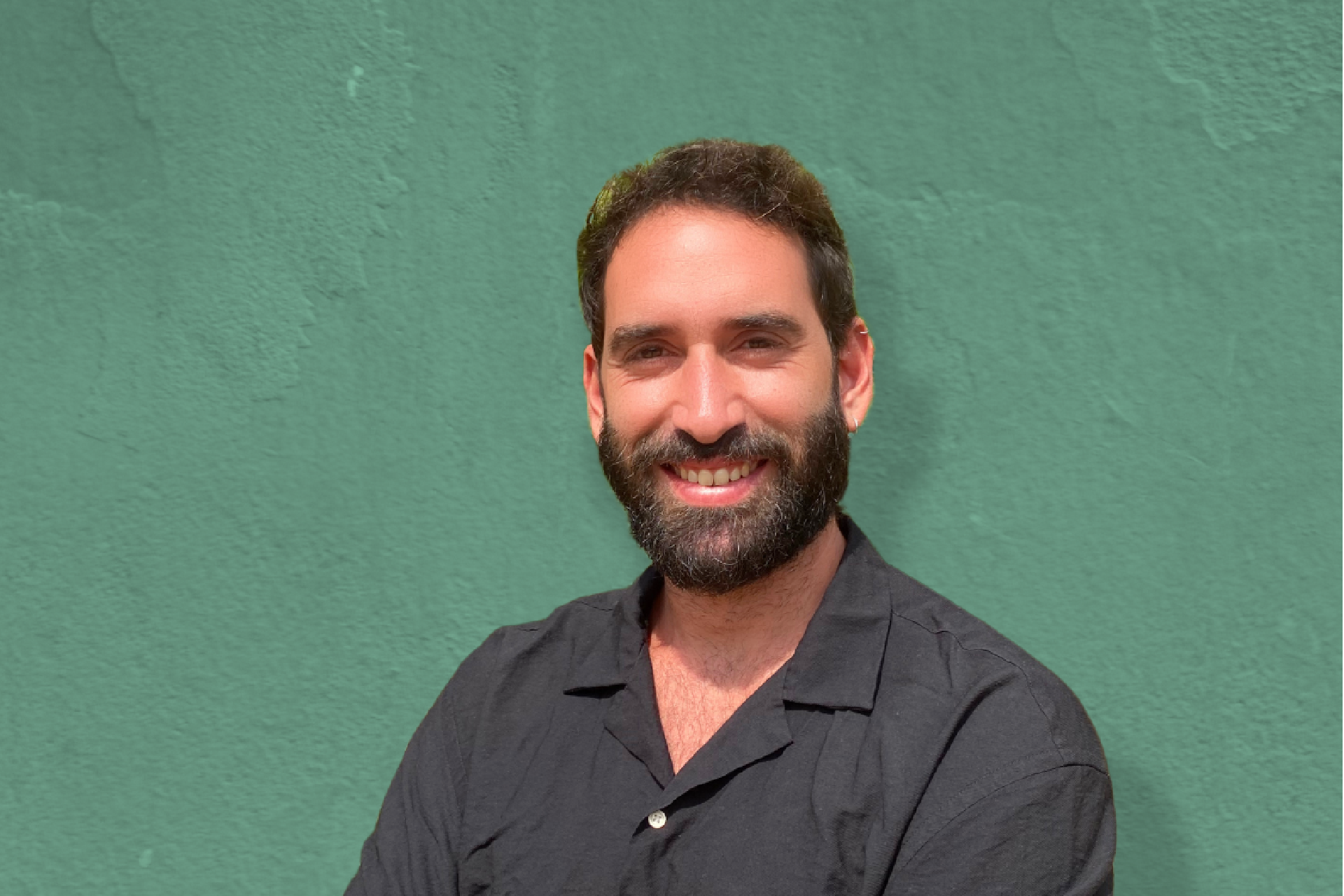Going Green sat down with Ignacio Albornoz, the Founder of Cattler, to discuss how he has worked hard on turning industrial waste into renewable energy. Ignacio founded Cattler, which is a solution that integrates all operational management and analysis of livestock production in a single mobile platform. Let’s get to know Ignacio a bit better.
What is your occupation? Where do you work?
I work across the Americas delivering solutions for industrial wastewater and turning pollution into renewable energy at the same time we solve the environmental liability.
Tell us a little bit about you and your background:
I’ve worked during the last 9 nine years in different projects related to technologies for the agri-food industry, all across Argentina, Brazil and now the US. In 2013 I fell in love with a technology belonging to one of the companies I worked with.
They have the technology that better solves the environmental challenges of typically meat and dairy processors. So I begun to learn from scratch about their technology, visiting plants and clients, and little by little I was able to develop clients and projects with them, as an independent business developer, moving throughout the Americas.
What is a fun fact about you?
I haven’t even studied for this. I learned listening my partners and receiving from them lessons about everything from chemistry to applied physics.
What was your motivation to get into this industry?
These are industries that typically have a lot of environmental issues due to the highly contaminant wastewater they pour into the rivers, which is basically animal protein and fat. I’m very close to them and I always felt struck about how to change that. The other part is that I’m just in love with the waste-to-energy approach, because it is a perfect combination of innovation, a contribution to the planet and a sustainable business.
Why do you think climate change and sustainability is such an important topic today?
Many companies and governments have finally understood that we cannot take our planet for granted. We never should have, but now they are beginning to pay the costs of not having done much before, so now they are taking actions in this direction: it is being required in regulation, it is being required across value chains.
What do you envision your industry looking like 10 years from now?
I envision a healthy, strong distribute industry consolidating a place in the energy matrix as significant source, contributing to the electrical/fuel autonomy of a wide range of industries, and impacting positively in pollution indexes in a visible way.
What can the average person do to make a difference?
They can put pressure over the brands they purchase from to be environmentally responsible. They can ask about the process, about what is the carbon footprint on the food and the products they make. They can require environmental certifications. They can also commit to recycle at their own home, they can help to clean the beaches, they can help to clean the neighbourhood. There are lots of ways.
What positive changes are you seeing?
I see more people and organizations aware of this as an important issue, even if it is barely reactive or if they think it is part of an agenda. They know they have to react in some way, and as a result, that is good in itself. The environment has moved away from a merely radical perspective led by ecologists to a wider comprehensive preoccupation nurturing in the whole society. And good things are happening, even if there’s resistance and bad things happen at the same time.
Going Green wants to thank Ignacio for sharing his experience turning industrial waste into renewable energy.
Going Green, hosted by Dylan Welch, interviews leading experts in cleantech, sustainability, media, finance, and real estate on the Going Green podcast. Tune in and subscribe to the podcast on Apple or Spotify to listen to interviews with leading cleantech and sustainable experts. If you are interested in being featured on Going Green, click HERE.





1 Comment
Pingback: Closing the Loop - GoingGreen